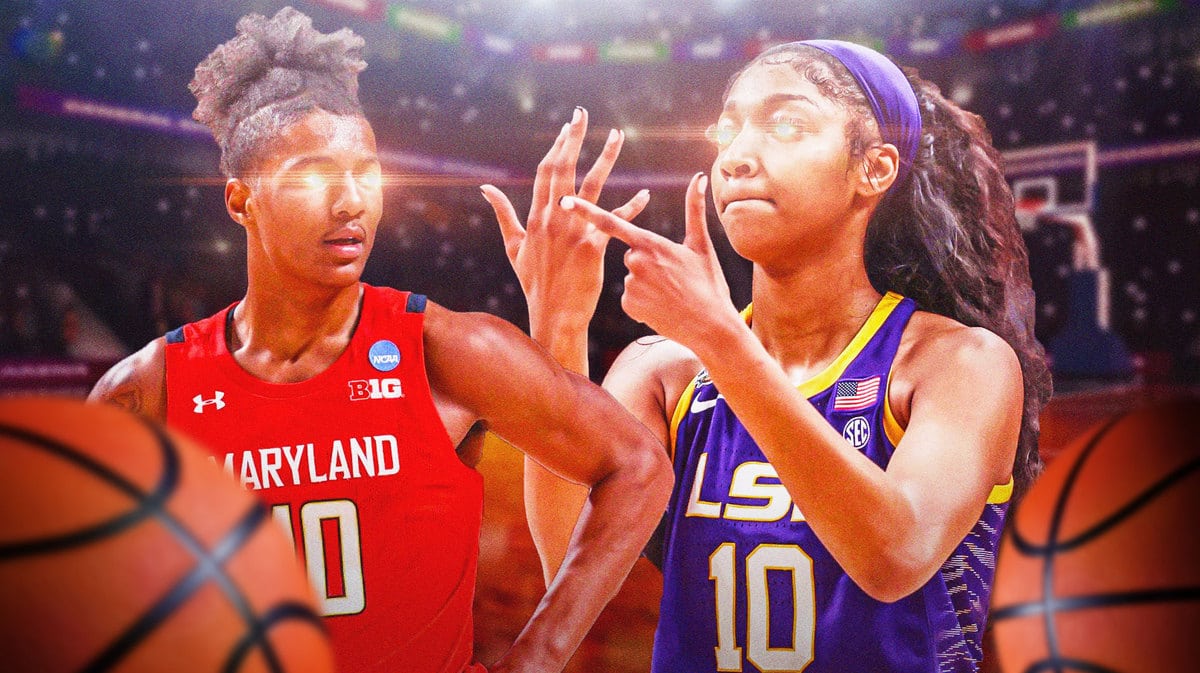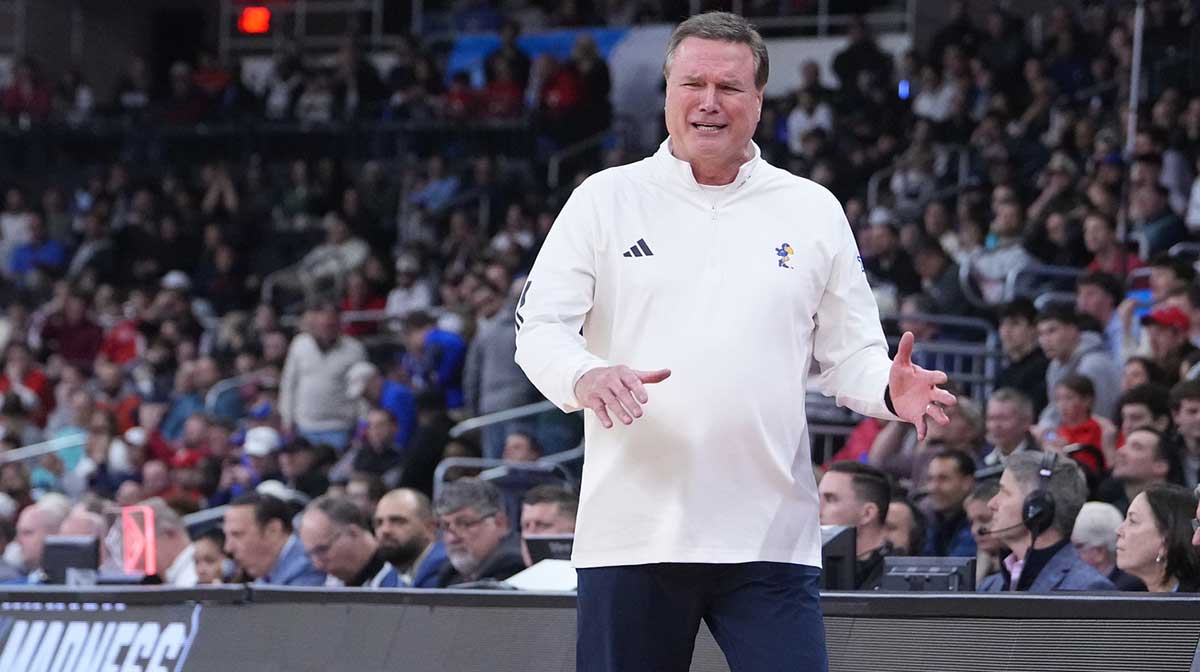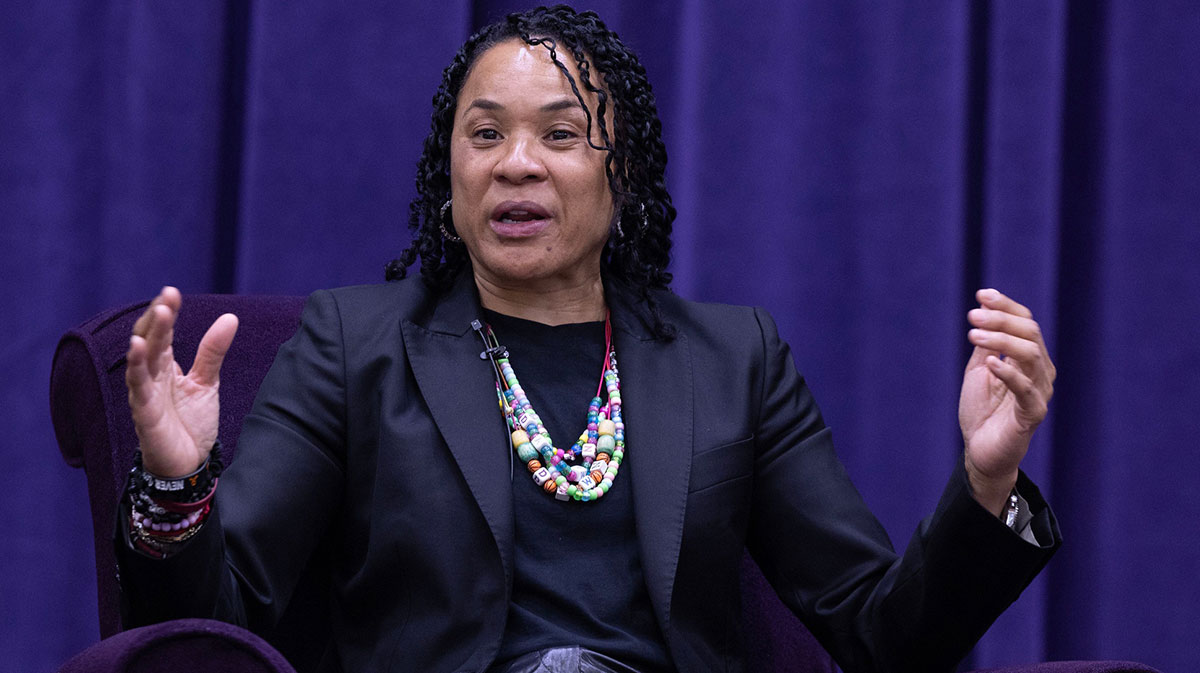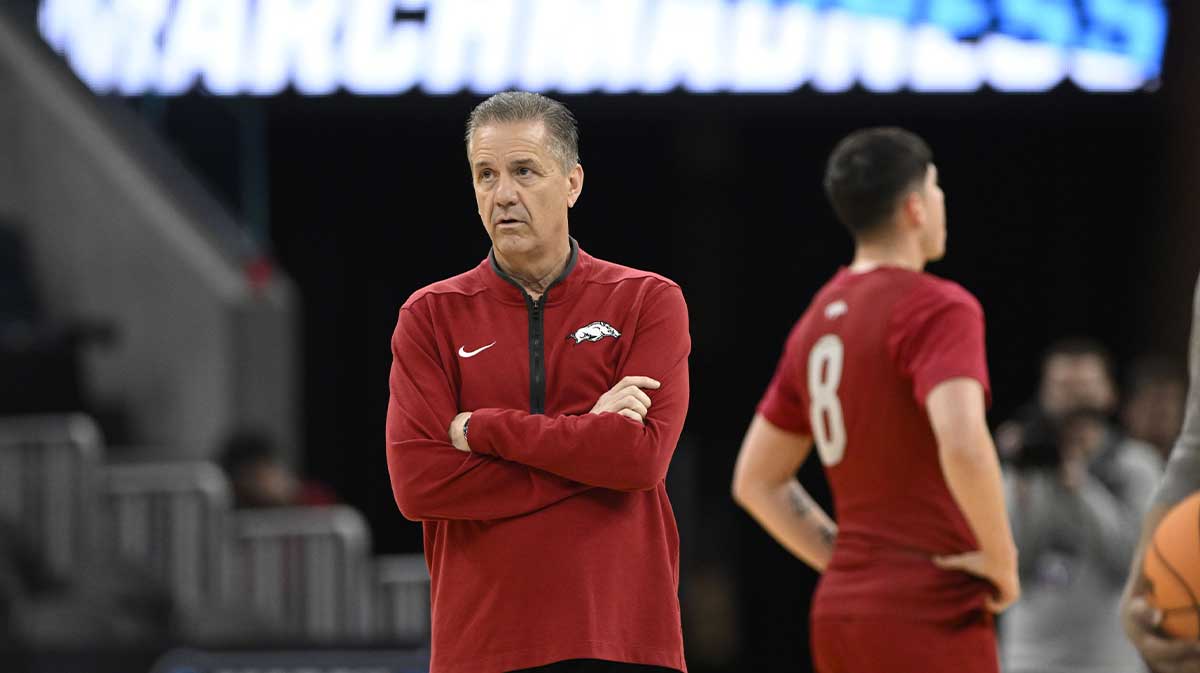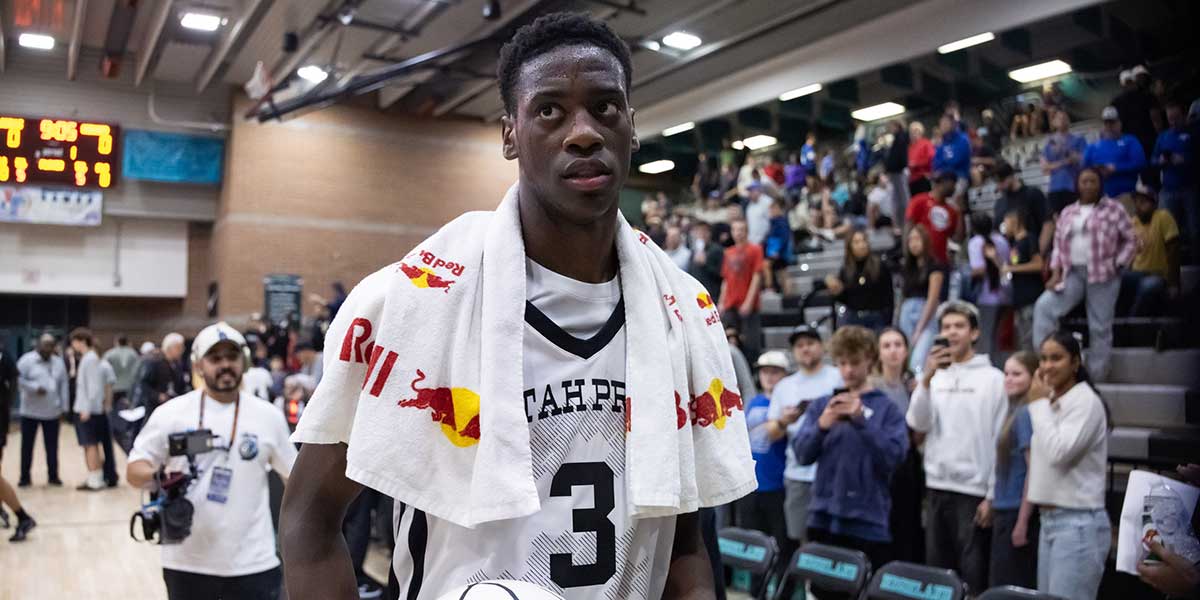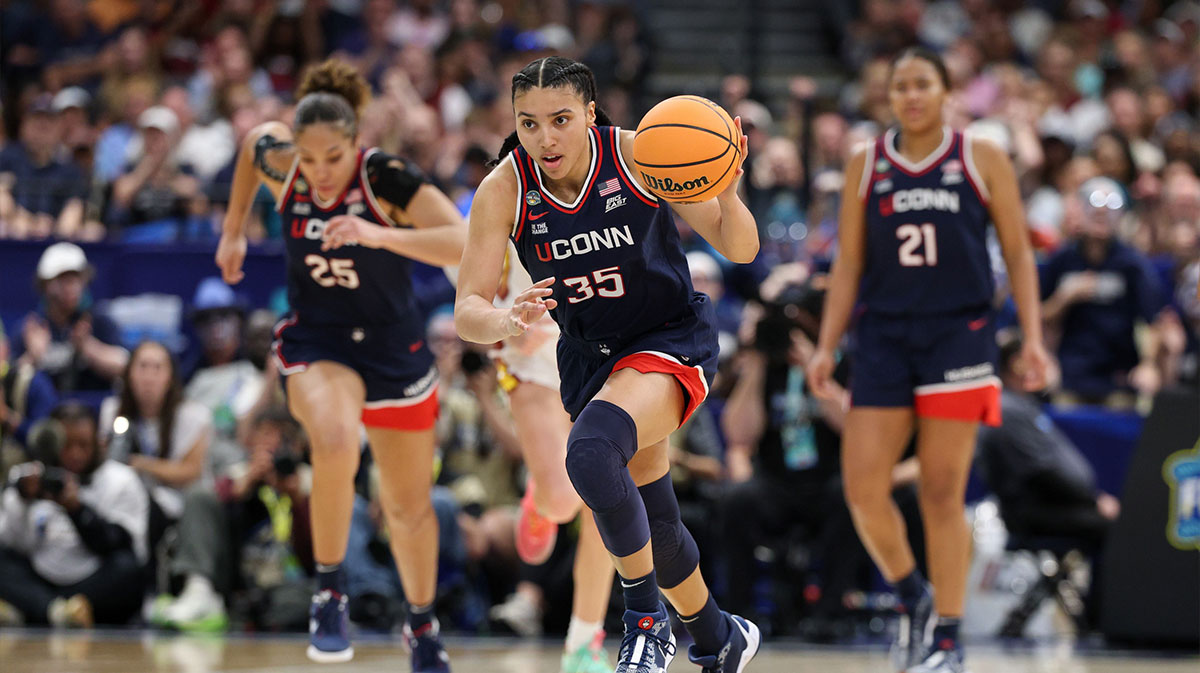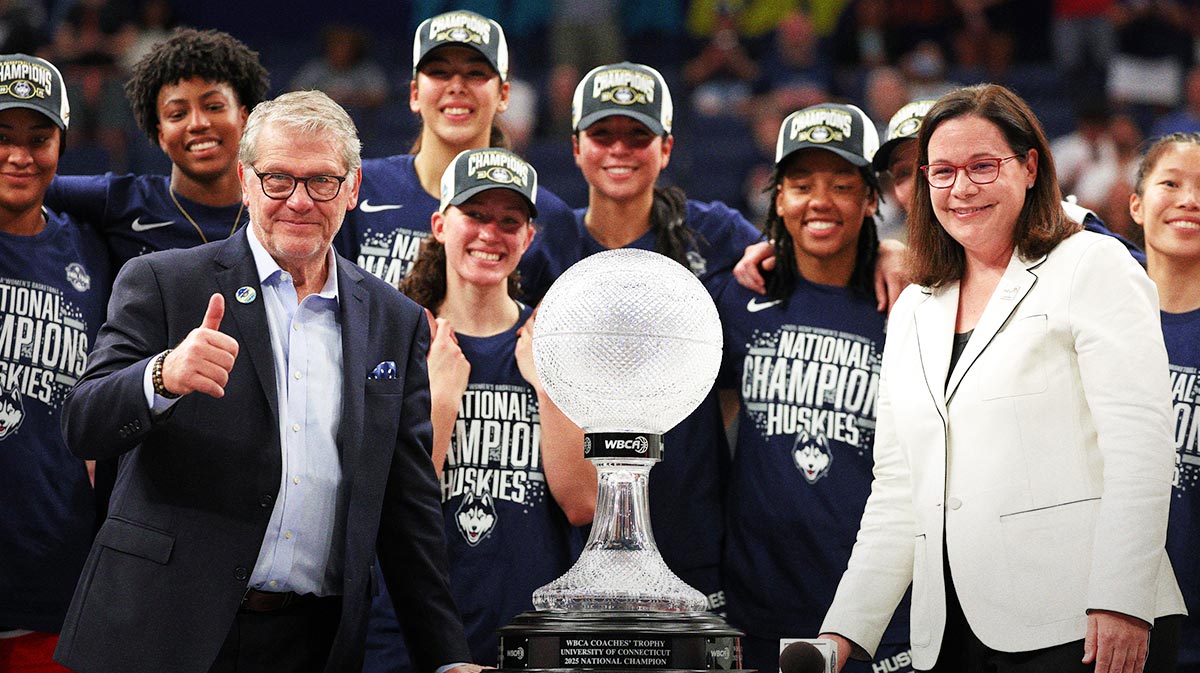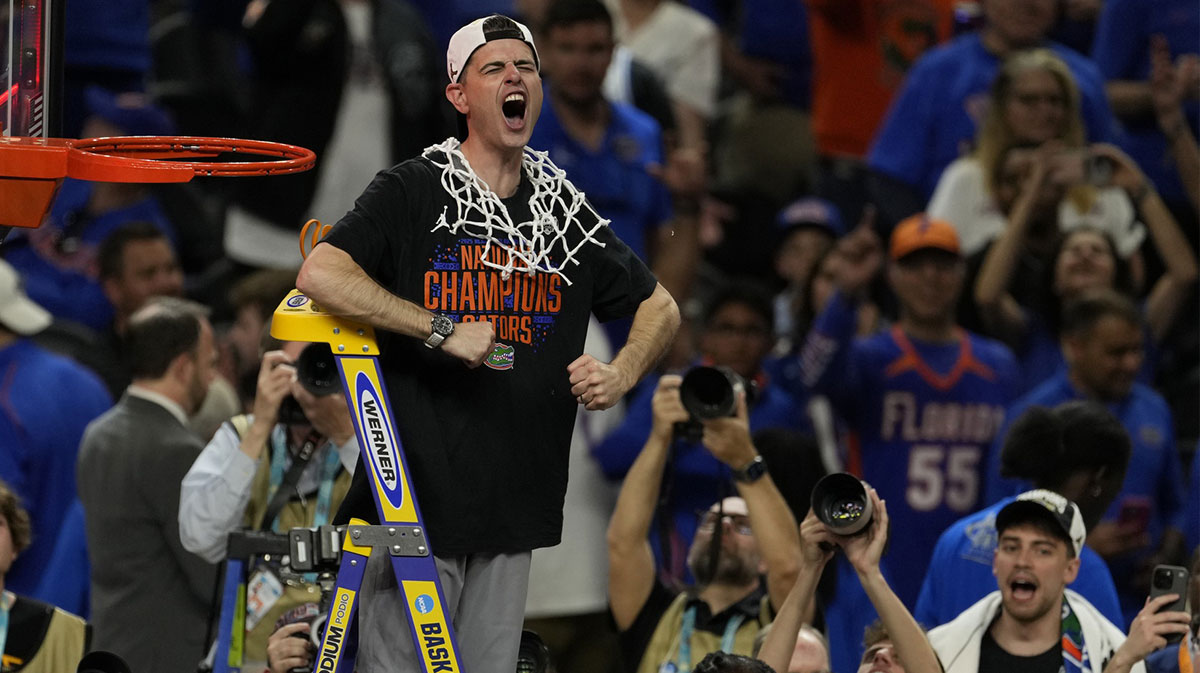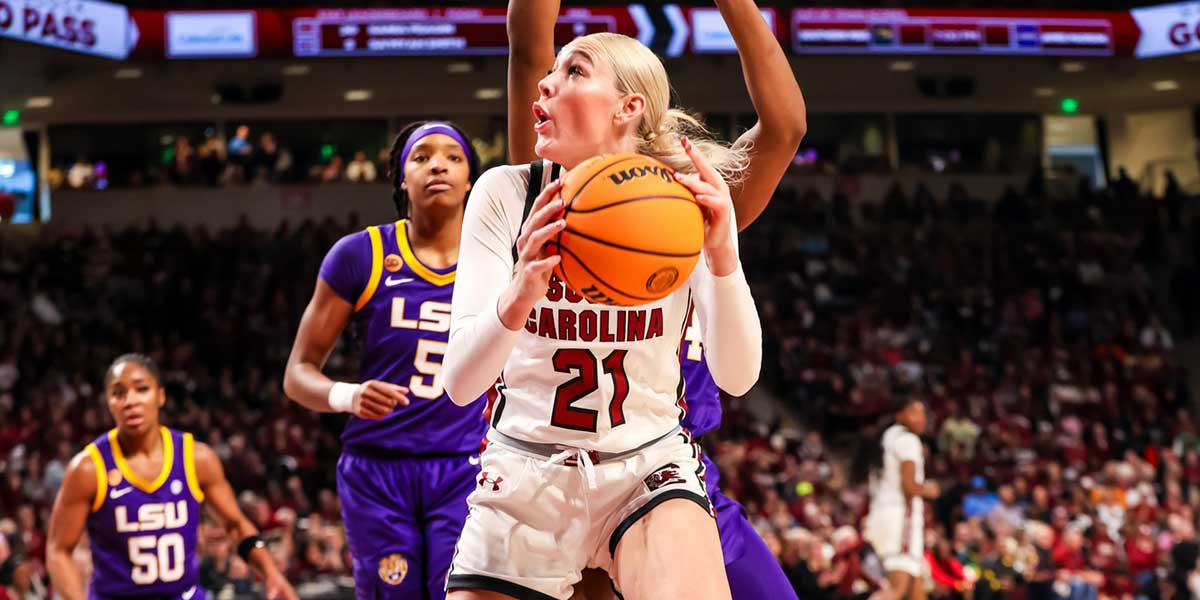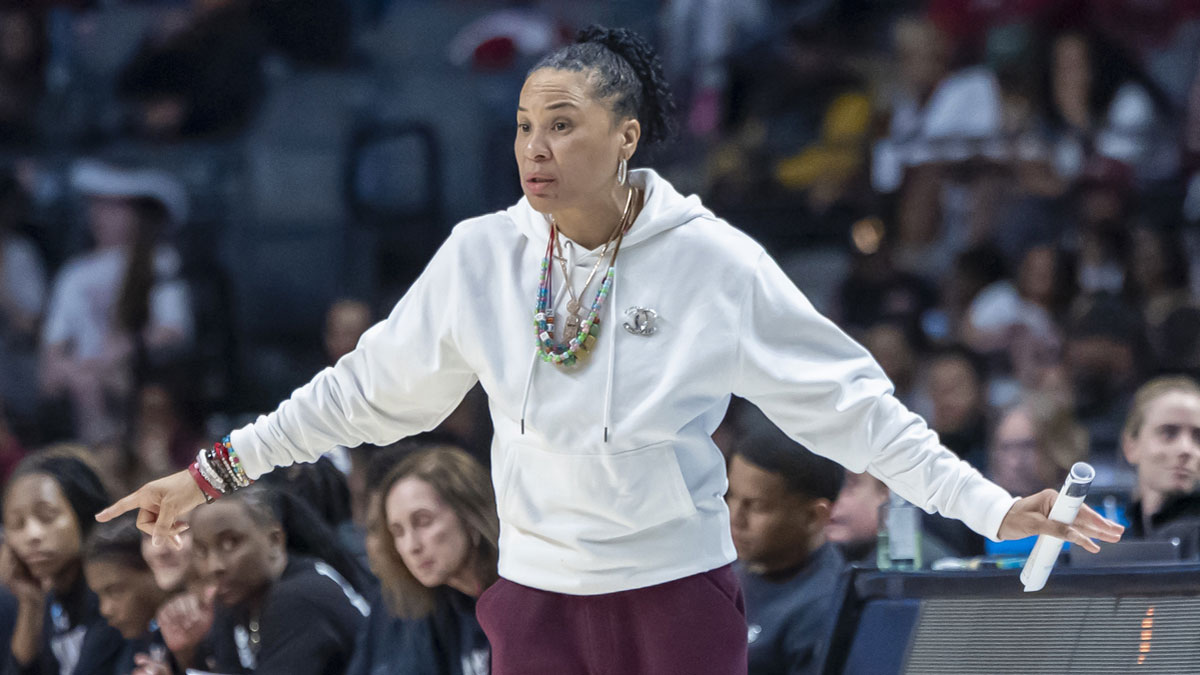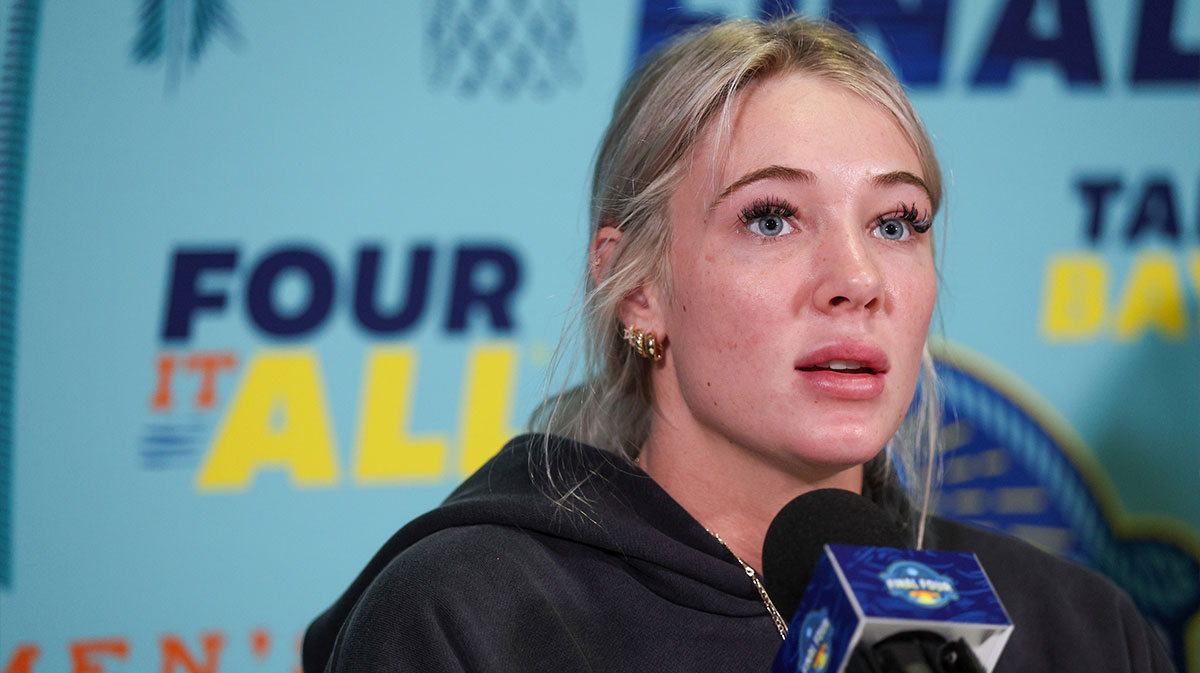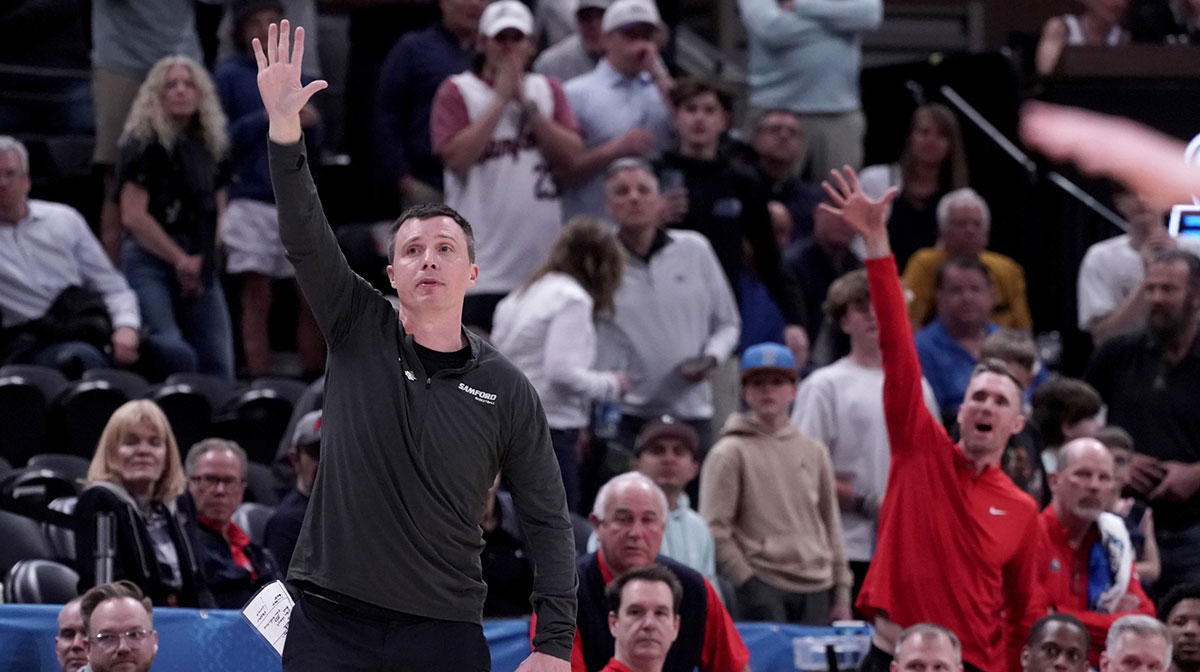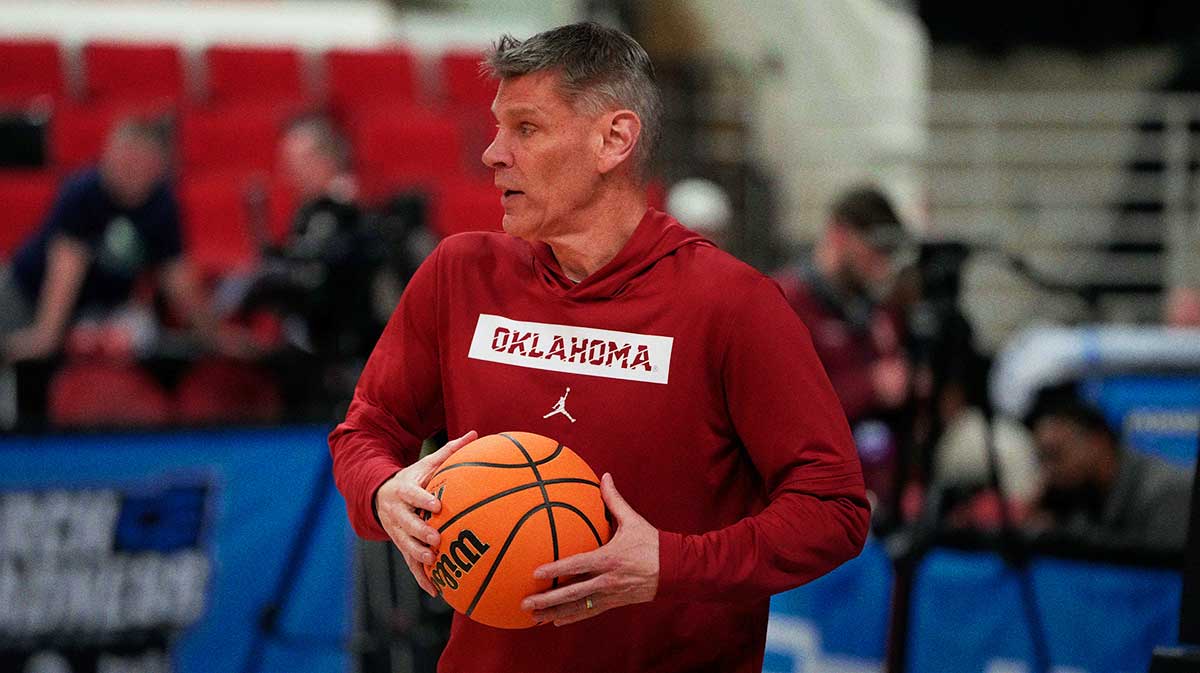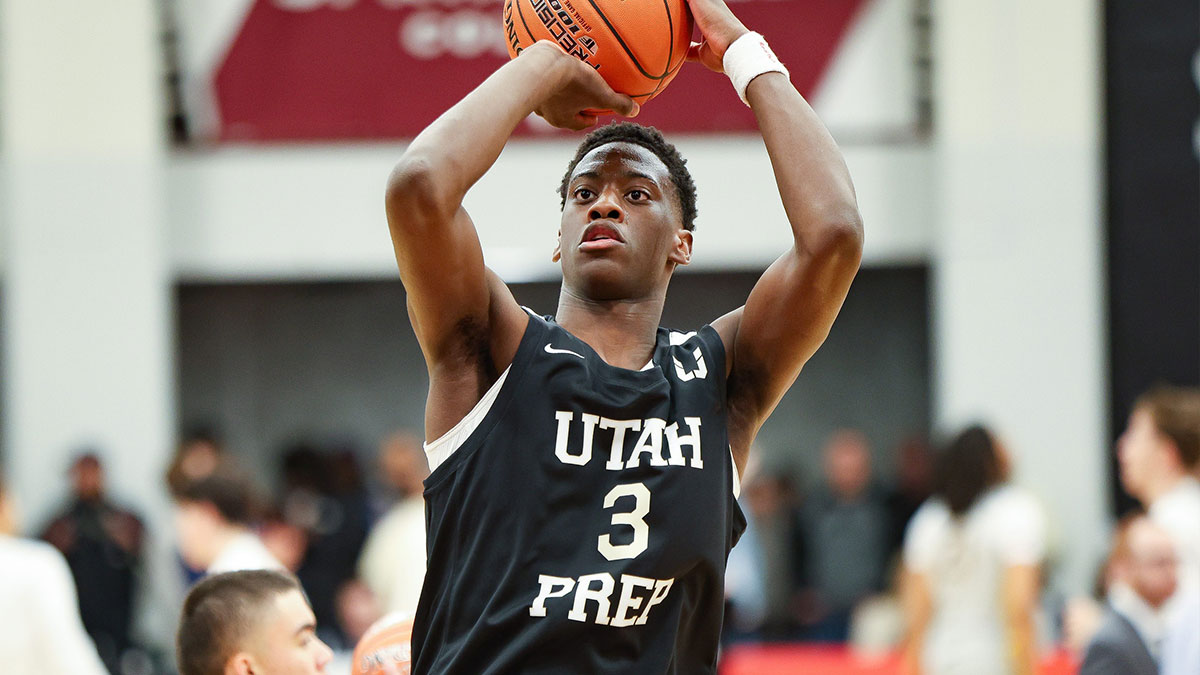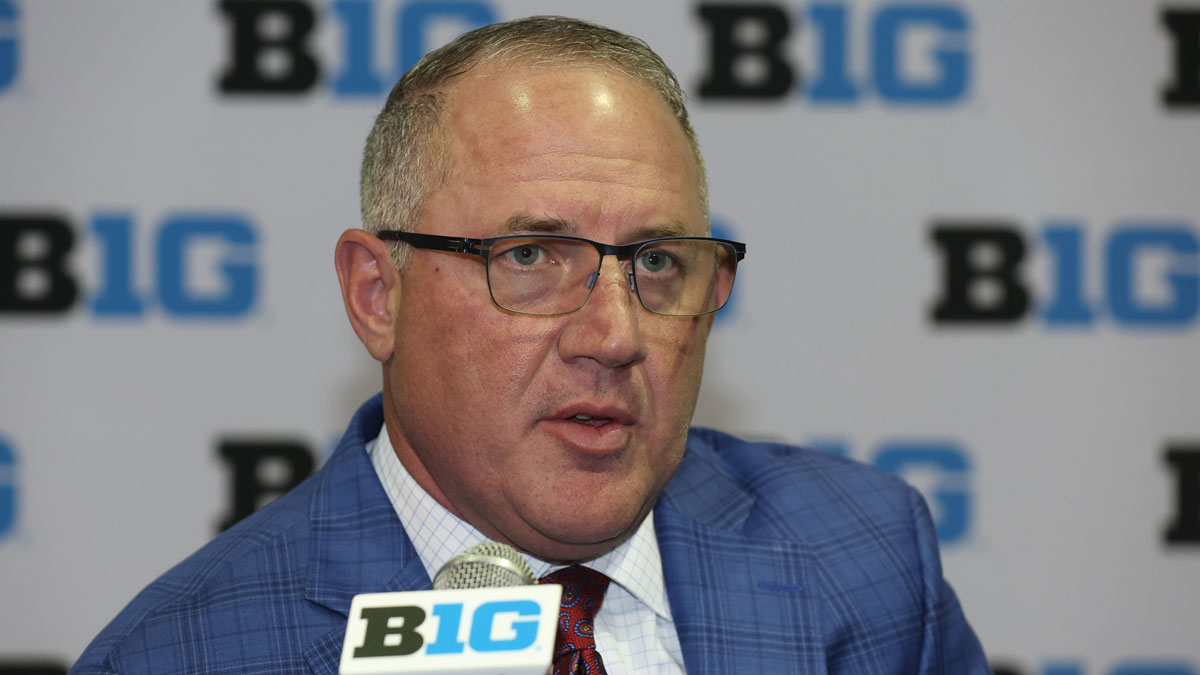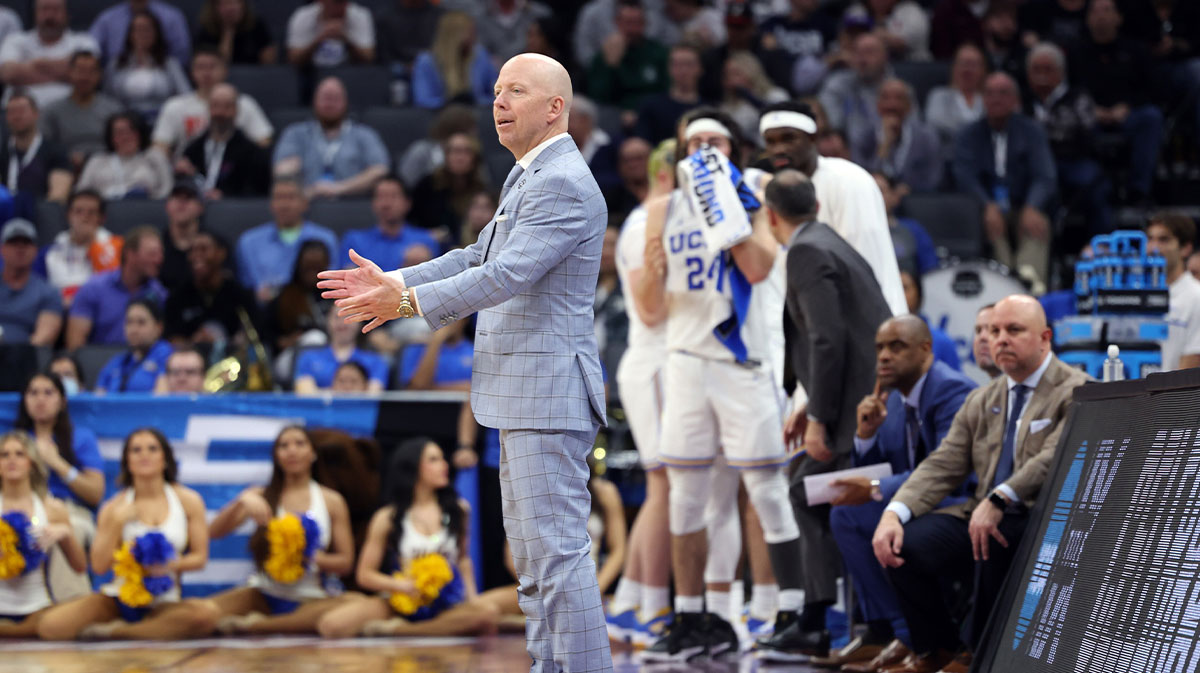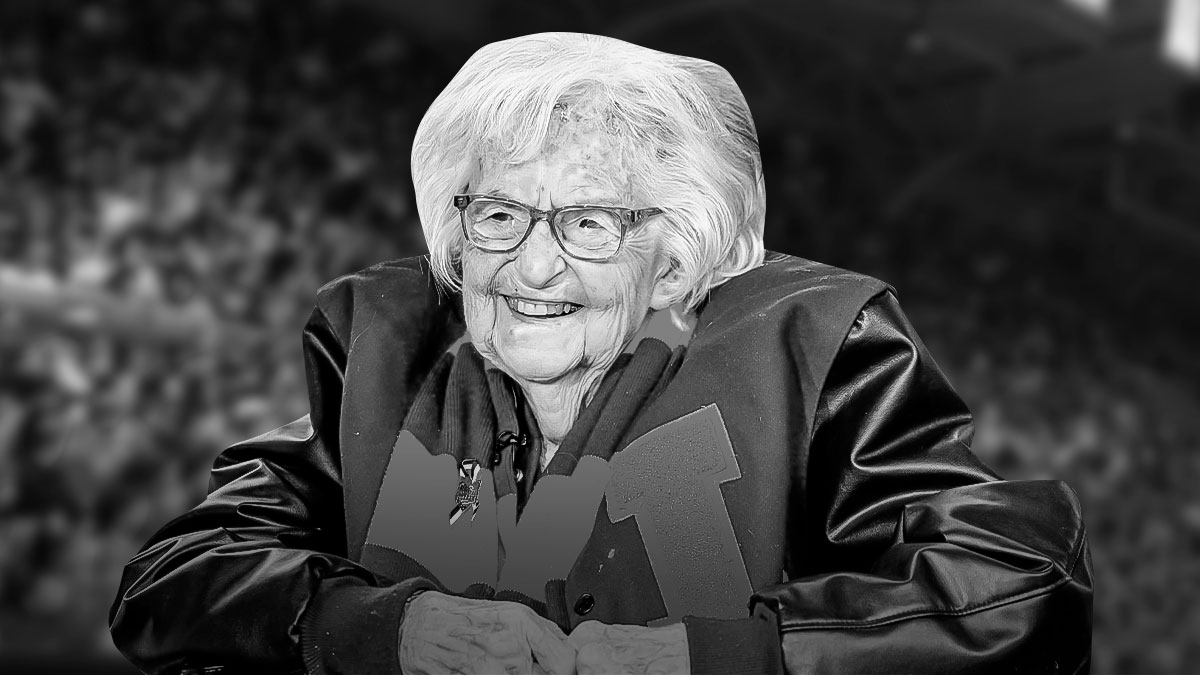LSU women's basketball powerhouse Angel Reese, recently shed light on the unique sibling rivalry she shares with her younger brother, Julian Reese, a junior basketball player at Maryland.
Despite being ranked the No. 2 player in her 2020 girls’ class, Angel watched as her brother, ranked No. 51 in the boys’ 2021 class, and his male teammates received preferential treatment in recruiting and national attention, she told Chantel Jennings of The Athletic. The inequity became glaringly apparent when both teams secured brand sponsorships. Julian’s team was showered with gear and received twice as many shoes as Angel's team. Furthermore, fundraising efforts for travel were disproportionately challenging for Angel's team, requiring their mother to put in extra work to bridge the gap.
“I think that kind of sparked something in her,” Angel's mother, also named Angel, said. “Angel seeing that discrepancy with her brother played into who she is today.”
The inequalities extended beyond the familial sphere, with the NCAA coming under fire in 2021 for its unequal treatment of male and female athletes during the tournament season. However, this increased scrutiny also provided a platform for players like Angel Reese to voice their concerns and demand change.
Within the NCAA Tournament's protective bubble in San Antonio, female players called for the same treatment as the men. This demand became even more pronounced after a TikTok video, highlighting the disparities, went viral with over 12 million views.
Angel Reese, during her inaugural NCAA Tournament, had bounced back from a mid-season foot injury to earn a spot on the All-Big Ten freshman team at Maryland. Although she currently boasts 2.6 million followers on Instagram, only 200 tuned in when she went live to address the treatment issues. Angel said that she felt like she needed to speak up about the NCAA's treatment because of the differential treatment she experienced between her team and brother's.
“It’s something I’ve seen my whole life,” Angel said. “But seeing it play out in my own family, that hit differently. It made me realize how much harder we have to work, just to get a fraction of the recognition. … I realized that my voice could make a difference. Not just for me, but for every girl out there who’s been overlooked or underestimated just because of her gender.”

